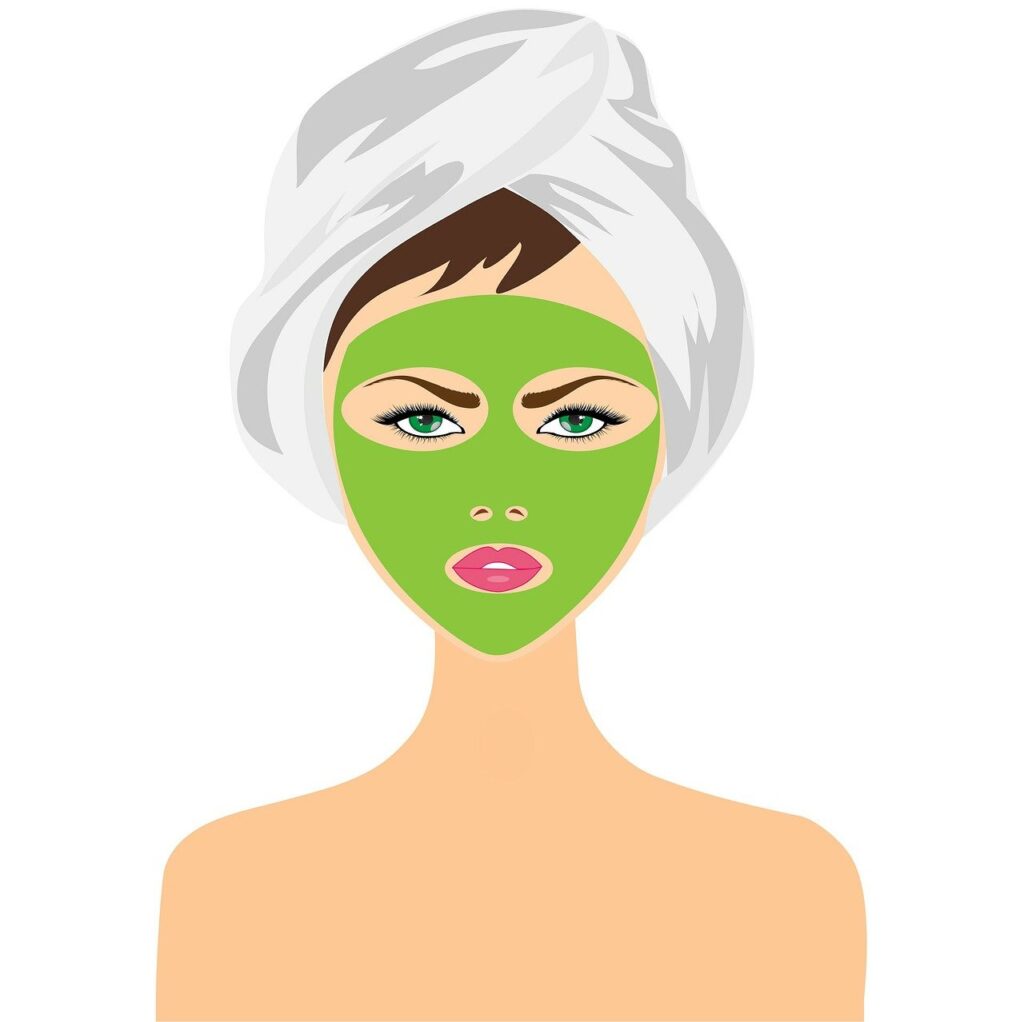Probiotics have been shown to improve skin health in addition to digestion. These advantages of probiotics for skin health include preventing acne and delaying the onset of ageing.
Live bacteria called probiotics are well-known for their health advantages, especially in preserving gut health and fortifying the immune system against infections. These good bacteria are present in foods naturally, such as yoghurt, kefir, and fermented foods, and their advantages for skin health are becoming more widely acknowledged. Probiotics can help balance the microbiota of the skin when applied topically or taken orally. This helps reduce inflammation and soothe disorders like rosacea, eczema, and acne. For a softer, more radiant complexion, they increase skin cell turnover, strengthen the skin’s protective layer, and hydrate the skin.
Probiotics’ advantages for skin
Probiotics provide several advantages for the health of the skin. Among them is shielding the vulnerable skin barrier to lower the chance of developing inflammatory diseases including rosacea, eczema, and acne. Probiotics assist in reducing inflammation and controlling the skin’s reaction to environmental stimulants like pollution and UV radiation by preserving a balanced microbiome. Moreover, they increase the turnover of skin cells, which gradually results in a more even and radiant skin tone. Probiotics have anti-aging qualities as well as the ability to reduce wrinkles and lighten imperfections, giving you younger-looking skin. In order to treat dry skin, probiotics can also moisturise and nourish your skin.
- Could assist you in managing acne
Inflammation, bacterial proliferation, and clogged pores are the main causes of acne, which is frequently made worse by an imbalance in the skin’s microbiome. Probiotics, particularly strains like Lactobacillus and Bifidobacterium, have antibacterial qualities that can help prevent the growth of bacteria that cause acne, including Cutibacterium acnes, according to a research paper. Probiotics may aid in the management and prevention of acne outbreaks by lowering inflammation and bacterial load.
- May lessen ageing symptoms
The skin changes as we age, which can lead to decreased collagen production, decreased suppleness, and more noticeable wrinkles and fine lines. Probiotics can prevent ageing by promoting the production of collagen and enhancing the function of the skin’s barrier. Probiotic use for skin can lessen damage and help the pH balance of the skin.
- Could assist you in managing atopic dermatitis
Aczema, or atopic dermatitis (AD), is a chronic skin condition characterised by skin inflammation, itching, redness, and irritation. There are more Staphylococcus aureus germs present in this situation. Probiotic use topically can lessen S. aureus counts and AD symptoms. According to a study published in Experimental Dermatology, using skin care products containing probiotics may help control eczema and dry skin while also reducing acne breakouts.
- May control psoriasis
An autoimmune disease called psoriasis causes the skin’s cells to change over quickly due to an overreactive immune system, resulting in thick, scaly patches on the skin’s surface. The majority of these inflammatory lesions are seen on the scalp, elbows, and knees are the most common locations for these inflammatory patches to appear.
- Rosacea
Microbial equilibrium can be upset by a variety of causes, including dietary choices, chronic inflammation, stress, and changes in skin pH. This imbalance can result in infections or cutaneous disorders like rosacea, dermatitis, and acne. In particular, rosacea is a long-term inflammatory skin condition that mostly affects the face, resulting in redness, visible blood vessels, and occasionally pimples or bumps. In contrast to the redness surrounding acne lesions, flushing more frequently occurs in the centre of the face when one has rosacea.
What probiotics work best for skin health?
When looking for skincare products containing probiotics, seek for something with one or more of the following ingredients:
- Lactobacillus: Good at minimising acne and redness.
- Bifidobacterium: Excellent for eczema sufferers or those with dry, sensitive skin.
- Vitreoscilla: Aids in preserving the moisture content of skin.
- Streptococcus thermophilus: Good for increasing ceramide levels, especially for eczema or sensitive skin.
- Bacillus coagulans: May counteract the ageing of the skin.
- Staphylococcus epidermidis: Renowned for its capacity to prevent skin-infecting germs from proliferating.
How may probiotics be applied to skin care?
Here are three methods to use probiotics to enhance the health of your skin:
Diet: To support a healthy gut microbiome, include foods high in probiotics, such as yoghurt in your diet.
Supplements: Consume oral probiotic supplements that contain strains of bacteria that are good for eczema and acne. By balancing the gut flora, these vitamins may improve the appearance of skin and lessen skin issues.
Topical application: Apply probiotic-containing skincare products—such as primers, moisturisers, masks, foundations, gels, and creams—directly to the skin. These topical medications can relieve inflammation and acne while also supporting barrier function and preserving the skin microbiome.
Do probiotics have any negative affects on the skin?
Probiotics often improve skin health, but some users may have moderate adverse effects including transient redness, itching, or irritation. The most common cause of these events is a probiotic allergy. Therefore, it’s best to start with lower doses and do a patch test before applying the product fully to understand how it affects your skin.









